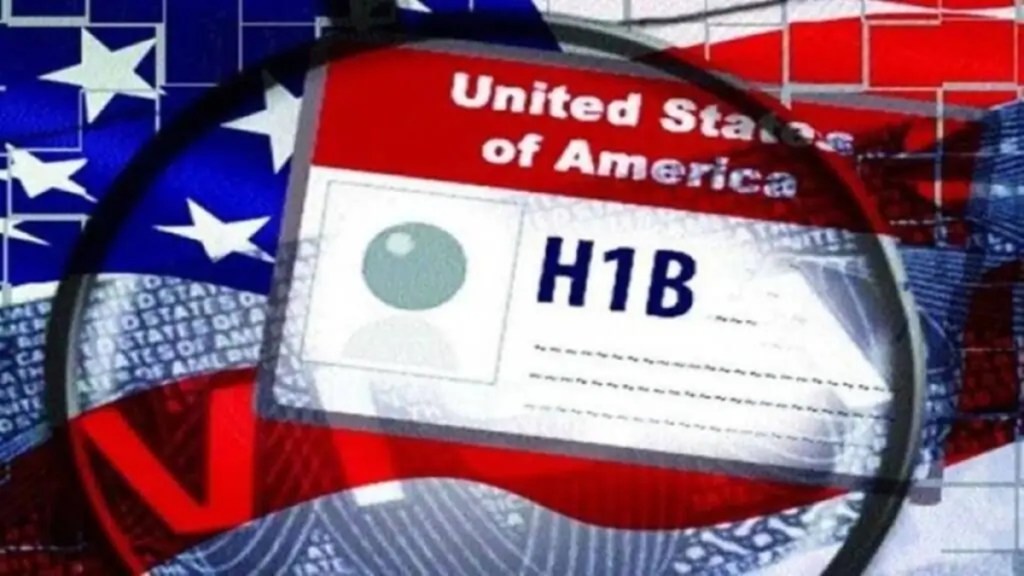The Trump administration’s recent visa cancellations are threatening the enrollment of foreign students and the long-term international recruitment crucial for US colleges and employers.
The F-1 Visa and H-1B Visa are closely interconnected. International students have to apply for an F-1 visa to study in the US and then apply for an H-1B visa after completing their studies to work in American firms.
Bloomberg Law reports that the State Department in recent weeks began quietly revoking hundreds of F-1 student visas. More than 300 visas had been revoked so far. That number appears to have grown based on reports from universities, although the State Department declined to share new numbers.
Termination of students’ status, already subject to litigation, will have implications for businesses, making students working in the US now immediately ineligible for employment.
It will also complicate efforts by others to secure H-1B visas used to meet hiring needs in science, tech, and engineering fields, just after employers sponsored them in the annual lottery for the visas.
Many foreign workers in STEM fields start careers in the US on a student status while pursuing an H-1B visa.
Universities are learning of the revocations during a routine check of the Student and Exchange Visitor Information System (SEVIS) database. SEVIS is a web-based system for maintaining information on nonimmigrant students and exchange visitors in the United States.
Students’ terminations were often linked to campus protests or pro-Palestinian activism, while others may be based on various infractions, even if they were never convicted of a crime.
Homeland Security officials have deleted records in the Student Exchange Visitor Program, ending their F-1 status, according to attorneys and college officials.
Higher education associations are urging the Trump administration for clarity on its student visa policies, as colleges and foreign students may not be directly notified of terminations.
Uncertainty affecting students could hinder international enrollment growth, a slowdown even before Trump’s election, posing a threat to schools reliant on tuition funds.
The termination of students’ status, already subject to litigation, will make US-based students immediately ineligible for employment.
Students who are placed in a terminated status are no longer eligible for the Optional Practical Training program, which was utilized by almost 276,000 students and recent graduates in fiscal year 2023. For overseas students hoping to win the H-1B lottery, the program provides a window of up to three years of post-graduation employment eligibility.
The popularity of H-1B visas for science, tech, and engineering fields may complicate the process for foreign workers who start their careers in the US on student status while pursuing an H-1B visa.
The H-1B visa program season 2026 lottery has just been completed. The H-1B petition filing began on April 1 with a deadline of 90 days. The company will not be able to sponsor the student’s H-1B visa if the student’s F-1 visa has been revoked.
